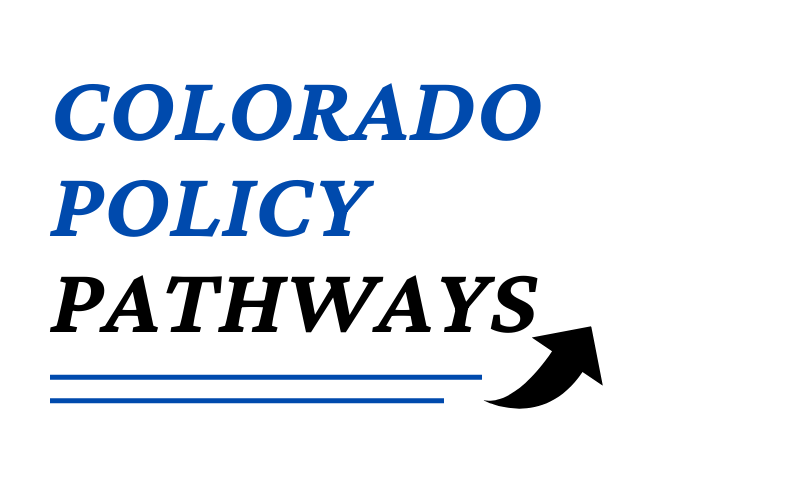Colorado is in transition. For the last four years, one party has dominated policy and leadership. They are deeply committed to passing laws that they believe will make the economy more fair. But they have also demonstrated a willingness to use their present influence to move forward at a stunning pace, dismissing broad concerns by the businesses and workers that their ambitious and chaotic policies will impact.
This sends signals that there is too much uncertainty and risk to invest in the state for the long term. Once considered a state to come for its beauty and diverse workforce, Colorado is likely to demonstrate how perishable unilaterally-imposed ideas can be.
Is there nothing left to learn?
Policy proposals have reflected confidence in broad new roles for government. But these institutions are bound by laws and politics, making them least able to adapt to changing realities. As a result, most of these bold proposals must rest on the assumption that there is nothing left to learn. This assumption would be fatal to any business in the private sector. But it is a lesson that advocates for government solutions fail over and over to understand.
For example, flaws of Colorado’s new paid family and medical leave program include unreasonable expectations and dismissed costs. But the fundamental flaw rests on this bold claim: One permanent, non-negotiable legal framework to dictate business practices for job-protected leave for a non-occupational disability and family care is in the public interest. FAMLI provisions apply to all workers and businesses in the economy, with very few exceptions.
As businesses in other states explore the new frontiers of customizing compensation and benefits to meet the wildly different aspirations of a workforce that now spans more generations than ever before, Colorado businesses stand apart, fenced in by one mandated standard.
FAMLI’s misunderstood objective
Few people understand that the main objective of Colorado’s FAMLI, one of several state versions of the same model, is not to offer an affordable paid leave insurance benefit. It is to manage the spread of costs of caregiving across society.
The policy template was designed by social scientists in an academic setting. It was informed by demographic data, and the projected growing costs of caregiving that are already under stress. Some of this is due to an expanding definition and understanding of what is a “disability.” but also the rise in chronic health problems, single-parent households, and an aging population that will require more hands-on care.
The dismissed concerns of businesses will be revealed as negative economic outcomes over time. And similar policies among the various states first to implement the experimental models are failing to achieve key objectives. This causes consternation and leads to frantic legal modifications to the formula and rules that they are certain will get us there. Yet, year by year, advocates continue to expand it, much faster than its broader outcomes can possibly be evaluated.
Urgency made the public easier to persuade.
That caregiving still rests predominantly on women is a flashpoint. Despite ongoing shifts in attitudes and norms, despite growing interest and development of customizable options and benefits, there is an unfortunate sense of urgency for a solution that promises to eliminate these conflicts. This gave paid family leave its moment in Colorado.
Proposition 118 was passed by a majority of voters leading advocates to claim that the program is “voter-approved.” The public conversation had been building for seven years as each year, proponents failed to gain enough support to pass it through the legislature.
It passed as a ballot initiative in 2020, fueled by exasperated working caregivers during COVID. But the passage of the complicated measure was heavily encouraged by the wide endorsements of trusted Democrat officeholders and a well-funded, low-information influence campaign.
Government is not forward-looking. Businesses must be.
However, expecting that this social obligation should rest on businesses has its costs. Forward-looking professionals and businesses, constrained by this poorly thought-out government scheme and other similarly misguided legal initiatives, will have no option but to escape to states that offer more flexibility to address future needs and challenges. They seek options to balance the needs of their workers with their capacity to serve customers, a balance that the state programs have never properly addressed.
And for businesses already poised to escape Colorado’s ideological cousins like California, New Jersey, and New York, the signals have already been sent.
Policy impacts that deliver frustration and disappointment lag behind the exhilaration of victory, making them hard for the public to identify. But for those following more closely, Colorado’s stellar image as a land of opportunity may be tarnished as corrections become out of reach.



 Independent Contractor rule is about access to opportunity
Independent Contractor rule is about access to opportunity